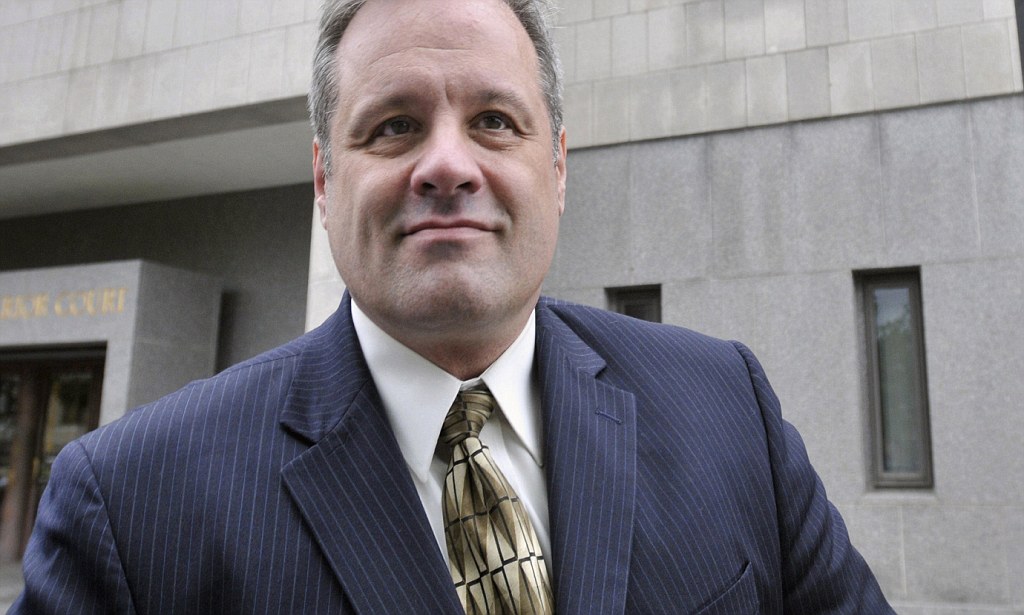How Did Hal Turner Influence The Free Speech Debate?
Hal Turner, an American radio host and political commentator, has long been a polarizing figure in the world of talk radio and online commentary. Known for his incendiary rhetoric and extremist views, Turner has built a reputation as a provocateur who thrives on controversy. His career has been marked by numerous legal battles, public outcries, and a complex relationship with free speech in the United States. This article delves into Turner’s background, the controversies surrounding him, and the broader implications of his actions.
Early Life and Career
Hal Turner was born in Jersey City, New Jersey, in 1962. He grew up in an environment where strong opinions and political discourse were a regular part of life. Turner initially pursued a career in politics, working on several local campaigns in the 1980s. However, his extreme views gradually distanced him from mainstream political circles, leading him to explore other avenues for expressing his beliefs.
In the late 1990s, Turner began hosting a radio show that would eventually bring him notoriety. His program, often broadcast on shortwave radio and later through online platforms, quickly gained attention for its unfiltered content. Turner’s show focused on far-right political commentary, often veering into racist, anti-Semitic, and inflammatory language. This rhetoric drew a dedicated following, but it also attracted significant criticism and legal scrutiny.
Major Controversies
1. Incitement to Violence
One of the most significant controversies in his career came in 2009 when he was arrested and charged with inciting violence against three federal judges. He had posted the judges’ names and addresses online, alongside a message suggesting that they deserved to be killed for upholding a law that he opposed. This case led to his conviction in 2010, where he was sentenced to 33 months in federal prison.
2. FBI Informant
In a twist that surprised many of his followers, it was revealed during his trial that he had worked as an informant for the FBI. From 2003 to 2007, his provided information to the bureau on various extremist groups, leading to questions about the extent of his genuine beliefs versus his role as an operative. This revelation damaged his credibility among his audience, many of whom felt betrayed by his cooperation with the government.
3. Online Hate Speech
Throughout his career, he has been a prolific figure on the internet, using his website and social media platforms to spread his views. His online activities have been the subject of multiple legal actions, particularly concerning hate speech and threats. His content has often been removed from major platforms, leading him to claim censorship and infringement on his First Amendment rights.
Table: Major Controversies Involving Hal Turner
| Year | Controversy | Outcome |
| 2009 | Incitement to violence against federal judges | Convicted and sentenced to 33 months in prison |
| 2010 | FBI informant revelation | Damaged credibility among followers |
| Ongoing | Online hate speech | Multiple platforms banned his content |
Impact on Free Speech Debate
His case has become a focal point in discussions about the limits of free speech in the United States. The First Amendment protects freedom of speech, but there are legal boundaries, particularly when speech incites violence or constitutes hate speech. His defense often revolves around his claim to free speech rights, arguing that his rhetoric, no matter how extreme, is protected under the Constitution.
However, courts have repeatedly ruled against him, asserting that his speech crossed the line into unlawful territory. The legal battles surrounding Turner underscore the ongoing tension between protecting free speech and preventing harmful, violent rhetoric.
Legal Challenges and Imprisonment
His legal challenges have not been limited to his 2009 conviction. Over the years, he has faced multiple lawsuits and criminal charges related to his activities. These legal battles have strained his financial resources and significantly impacted his ability to continue his broadcasting career.
After serving his prison sentence, he attempted to return to radio, but his influence had waned. Many radio stations were unwilling to host his show due to the controversy, and he struggled to regain the audience he once commanded. Despite these setbacks, he has remained active in various online spaces, though his reach is considerably diminished compared to his peak years.
Key Legal Battles:
- 2009 Incitement Case: His conviction for inciting violence against federal judges remains one of the most significant legal cases in the realm of free speech and extremist rhetoric.
- Civil Lawsuits: He has faced numerous civil lawsuits from individuals and organizations targeted by his rhetoric, further complicating his legal standing.
Influence and Legacy
Despite his reduced presence, his influence on the far-right movement and online extremism cannot be ignored. His early use of the internet to spread extremist views paved the way for many who followed in his footsteps. His case also highlights the challenges law enforcement faces when dealing with individuals who operate on the fringes of legal speech.
While some view Turner as a cautionary tale of how unchecked speech can lead to legal consequences, others see him as a martyr for free speech, albeit one with deeply problematic views. His legacy is likely to remain contentious, with ongoing debates about the balance between free speech and public safety.
Influence on Extremism:
- Turner’s methods and rhetoric have influenced a generation of online extremists.
- His case serves as a precedent in legal discussions about the boundaries of free speech.
Conclusion
Hal Turner remains a controversial figure whose career has been marked by extreme views, legal battles, and a complex relationship with the concept of free speech. While his influence has waned, the issues his case raises continue to resonate in discussions about the limits of free expression in the digital age. Turner’s story serves as a reminder of the fine line between protected speech and speech that crosses into dangerous territory. As society continues to grapple with these issues, the legacy of figures like Hal Turner will remain a critical point of reference.






